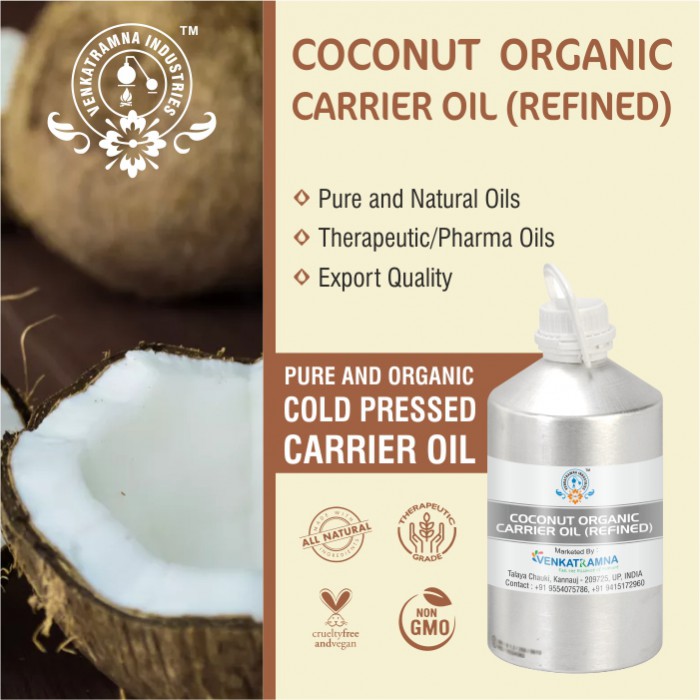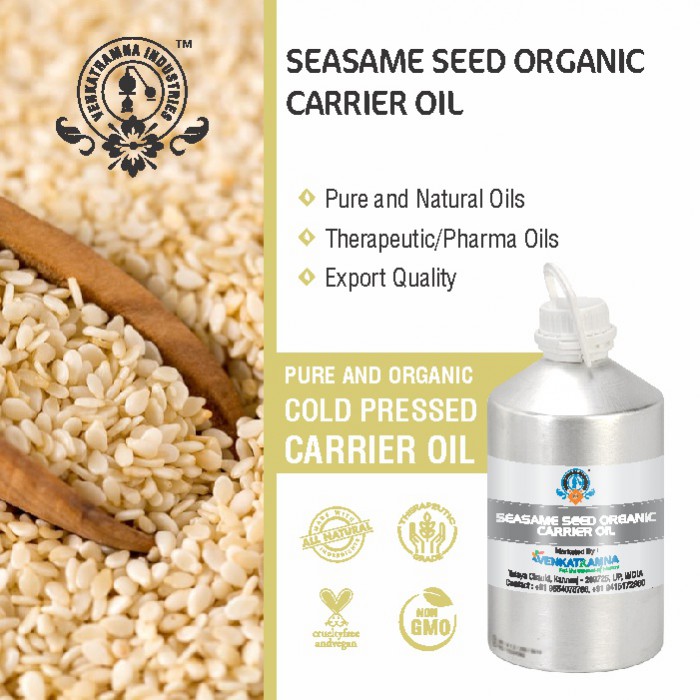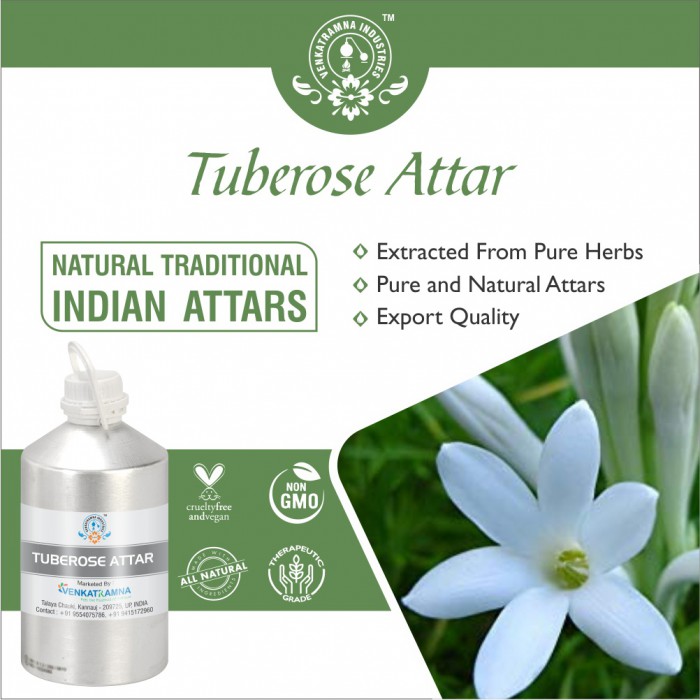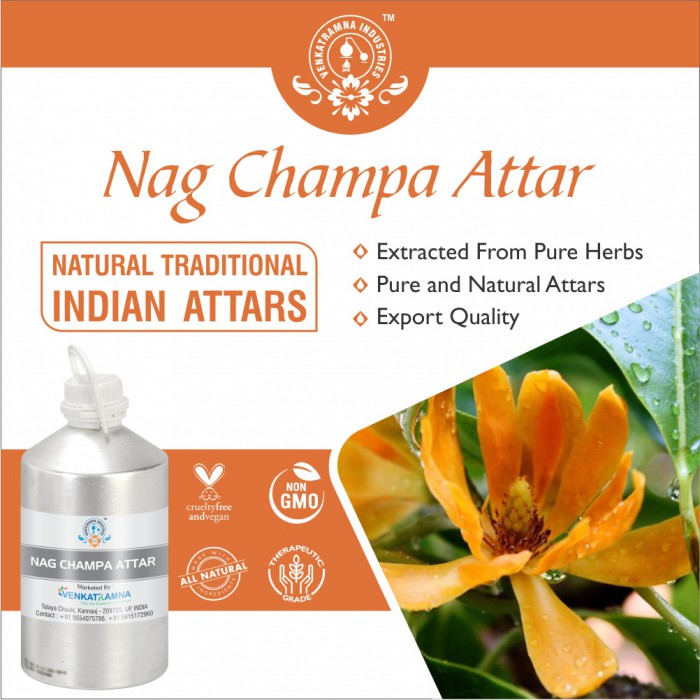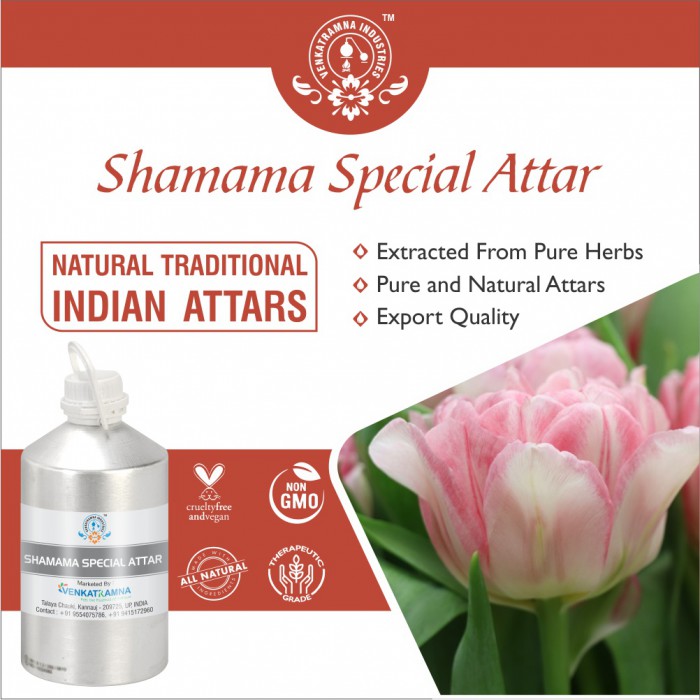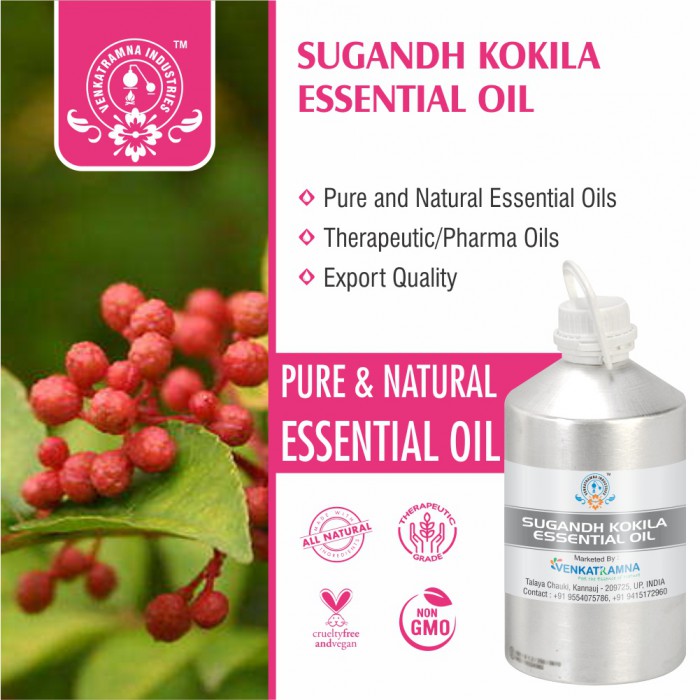Botanical Name: Zingiber officinale Common name: Ginger, Common Ginger, Cooking Ginger Read More
|
Botanical Name: |
Zingiber officinale |
|
Common name: |
Ginger, Common Ginger, Cooking Ginger, Canton, Stem Ginger, Adrak |
|
Plant family: |
Zingiberaceae |
|
Genus: |
Zingiber |
|
Appearance/Color: |
Yellow mobile liquid |
|
Odor: |
Spicy ginger woody terpene |
|
Blends With: |
Lemon, Cedarwood, Lime, Eucalyptus, Frankincense,
Geranium, Rosemary, Sandalwood, Patchouli, Myrtle, Bergamot, Rosewood,
Neroli, Orange, and Ylang-Ylang. |
|
Origin: |
Indonesia |
|
Source: |
Root |
|
Method of Extraction: |
Steam Distillation |
Ginger is widely used as spice,
and it has its origins in India. It is a medicinal plant in folk and
traditional medicines. The spice is very common in India (it is known as adrak
in Hindi) and China and is now used all over the world. It forms an integral
part of many Asian cuisines due to its digestive properties. It is especially
helpful in digesting food items such as meat and poultry, and it is frequently
added to recipes for cooking meat as it softens the meat considerably, making
it easier to digest. Ginger root and ginger oil are also used as preservative
and flavoring agents. Ginger oil is extracted from Z. officinale rhizomes,
which its chemical composition influences from geographical region, extraction
methods, freshness or dryness of rhizomes. The antibacterial, antifungal,
analgesic, anti-inflammatory, anti-ulcer, immunomodulatory, relaxant, and
warming effects of ginger oil have been confirmed in experimental and
preclinical studies.
Ginger (Zingiber officinale) is a plant used in traditional medicine against different diseases because of its various properties (antimicrobial, antioxidant, anti-inflammatory, anticoagulant, etc.). Ginger is “generally recognized as safe” by the Food and Drug Administration. Numerous studies have been carried out to characterize and isolate its main bioactive compounds to elucidate the mechanisms of its antimicrobial activity against pathogenic and spoilage microorganisms in foods. Results indicate that ginger contains monoterpenoids, sesquiterpenoids, phenolic compounds, and its derivatives, aldehydes, ketones, alcohols, esters, which provide a broad antimicrobial spectrum against different microorganisms and make it an interesting alternative to synthetic antimicrobials. However, its application in foods has been scarcely explored and represents an opportunity area for further research.
DISCLAIMER
The complete range of conditions
or methods of use are beyond our control therefore we do not assume any
responsibility and expressly disclaim any liability for any use of this
product. Information contained herein is believed to be true and accurate however,
all statements or suggestions are made without warranty, expressed or implied,
regarding accuracy of the information, the hazards connected with the use of
the material or the results to be obtained from the use thereof. Compliance
with all applicable federal, state, and local laws and local regulations
remains the responsibility of the user.
The FDA has not evaluated the
statements on this website. No claims are made by Venkatramna Industries as to
the medicinal value of any products from vriaroma.com or by us. The information
presented here is for educating our customers about the traditional uses of
essential oils and is not intended to diagnose, treat, cure, or prevent any
disease. You are responsible for understanding the safe application of these products.
If you have any questions, please call or email us for further information.
As per NAHA guidelines, New Directions Aromatics (NDA) does not recommend the ingestion of essential oils. It is imperative to consult a medical practitioner before using Essential Oils for therapeutic purposes. Pregnant and nursing women and those taking prescription drugs are especially advised not to use this product without the medical advice of a physician. The oil should always be stored in an area that is inaccessible to children, especially those under the age of 7.
Due to wide pharmacological
effects of ginger oil, attention to ginger oil as an ingredient of natural
formulations in management of gastrointestinal and respiratory diseases is
valuable.
Ginger Root Oil in Pharma
The medicinal part of ginger is
rhizomes, which are used in traditional medicine for treatment of wide range of
ailments. In Ayurveda system, ginger and milk or water in the form of paste are
used externally for treatment of infantile colic. The combination of ginger
with honey is used for asthmatic bronchitis, cough, hiccups, and respiratory
colds.
Ginger is used for digestive
problems in western medicine. Henry VIII recommended the use of ginger for
preventing the plague. The prepared bread with ginger by Greeks is consumed
after meal as digestive aid. Blood purifying, aphrodisiac, sex stimulants,
appetizing, anti-flatulent, anti-spasmodic, anti-hemorrhoid, anti-vomiting, and
anti-nausea effects of ginger are other traditional prospects. Ginger rhizomes
are containing fatty oils (3-6%), proteins (9%), carbohydrates (60-70%), crude
fiber (3-8%), ash (8%), water (9-12%), and volatile oil (2-3%). Nowadays,
ginger hydro-ethanol extracts are extensively used as analgesic,
anti-inflammatory, anticancer, anti-diabetic, hepato-protective,
nephron-protective, and antioxidant agents.
Essence of Ginger Root Oil
COMMON USAGE
·
Treats food poisoning
·
Effective against nausea
·
Protects against malaria
·
Treats respiratory disorders
·
Reduces inflammation
·
Treats menstrual issues
·
Strengthens heart
·
Lowers stress
·
Eliminates impotency
·
Dissolves kidney stones
·
Prevents cancer
Ingredients:
|
S.No |
Key Constituents |
Strength (%) |
|
1 |
zingiberene |
39.12 |
|
2 |
Ar-curcumene |
19.3 |
|
3 |
b-sesquiphellandrene |
07.13 |
|
4 |
b-bisabloene |
9.3 |
|
5 |
camphene |
5.6 |
|
6 |
b-phellandrene |
8.2 |
|
7 |
borneol |
05.08 |
|
8 |
1,8-cineole |
01.5 |
|
9 |
a-pinene |
2.4 |
|
10 |
2-undecanone |
3.0 |
TOXICOLOGICAL
INFORMATION
·
Hazards none known.
·
Contraindications none known.
Organ-specific
effects
·
Adverse skin reactions: Undiluted ginger
oil was moderately irritating to rabbits, but was not irritating to mice;
tested at 4% on 25 volunteers it was neither irritating nor sensitizing.
Low-level phototoxic effects reported for ginger oil are not considered
significant. Oral administration of ginger oil dose-dependently weakened the
delayed hypersensitivity response, so any allergic reaction from the oil is
likely to be minimal.
Systemic
effects
·
Acute toxicity: Ginger oil acute oral
LD50 in rats >5 g/kg; acute dermal LD50 in rabbits >5 g/kg.
·
Subacute and sub chronic toxicity: In a
13-week oral toxicity study, ginger oil was administered to male and female
rats at 100, 250 or 500 mg/kg/day. No adverse effects were seen, including
mortality, decreased food consumption, changes in body weight or organ weights,
hematological parameters, hepatic or renal function. No histopathological
changes were noted in selected organs.
·
Antioxidant/pro-oxidant activity: Ginger
oil showed moderate antioxidant activity in lipid peroxidation tests, and high
activity as a DPPH radical scavenge.
·
Carcinogenic/anticarcinogenic potential: Ginger
oil did not produce CA in CHL cells. Ginger oil dose-dependently inhibited
aflatoxin B1- induced adducts in calf thymus DNA, in the presence of rat liver
microsomes Lam & Zheng reported that ginger oil induced glutathione
S-transferase activity to more than 2.5 times control level in mouse tissues,
and Banerjee et al that it significantly induced both glutathione S-transferase
and aryl hydrocarbon hydroxylase in mouse liver, all of these being indicative
of anticarcinogenic activity. Ginger oil was cytotoxic to human prostate and lung
cancer cells with IC50 values of 0.08%, 0.11% respectively, but it was not
cytotoxic to breast cancer cells. (þ)-Limonene, bsesquiphellandrene, and
b-elemene display anticarcinogenic activity.
Dilute
before use; for external use only. May cause skin irritation in some
individuals; a skin test is recommended prior to use. Contact with eyes should
be avoided.
ECOLOGICAL INFORMATION
Toxicity
Toxic
to aquatic organisms, may cause long term adverse effects in the aquatic
environment.
Disposal
considerations
Dispose
in accordance with the law and local regulations. Treat as trade effluent.


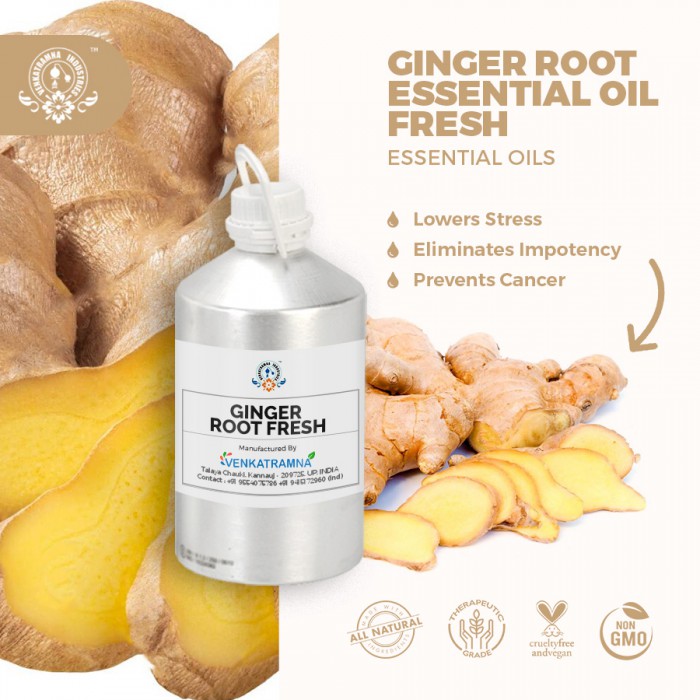
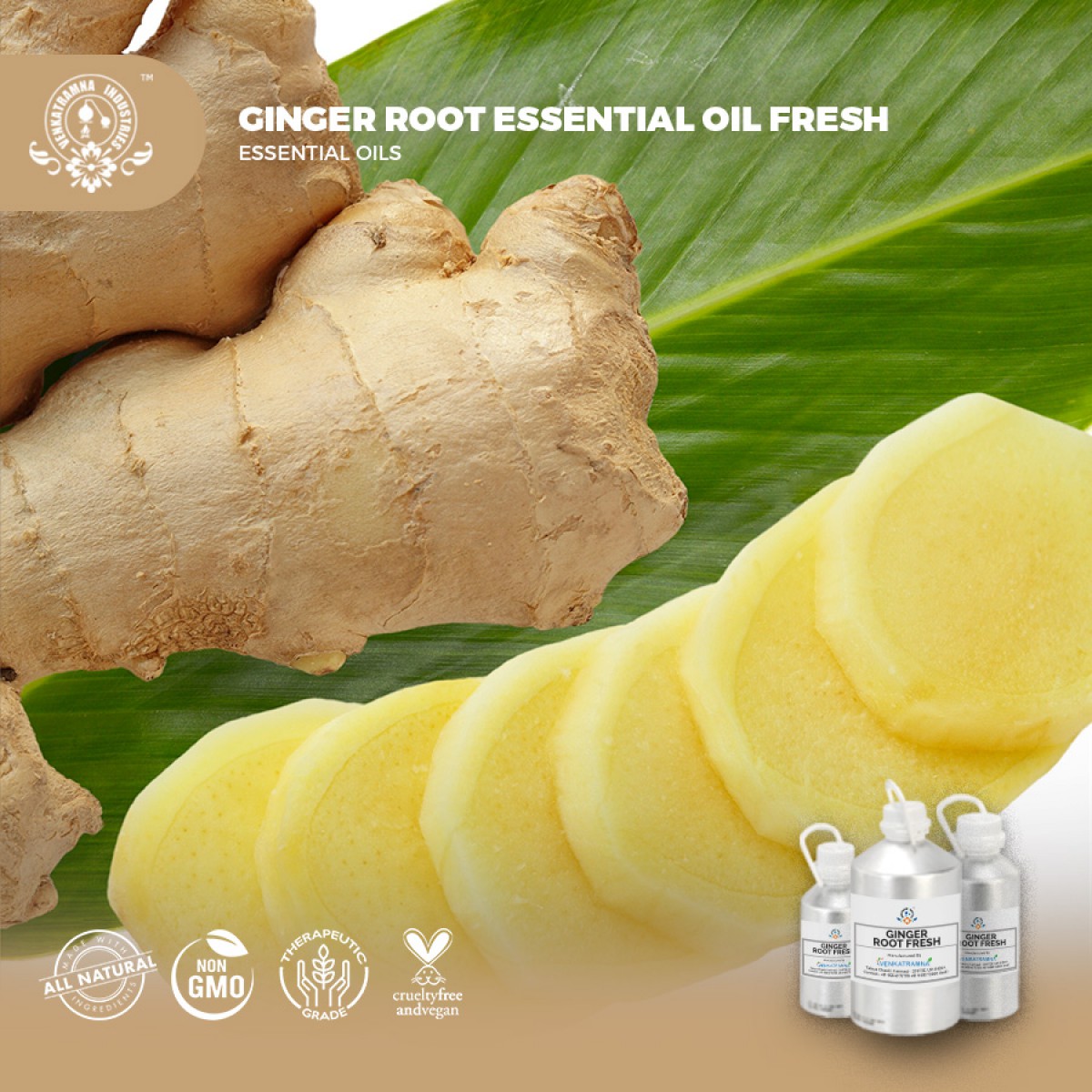
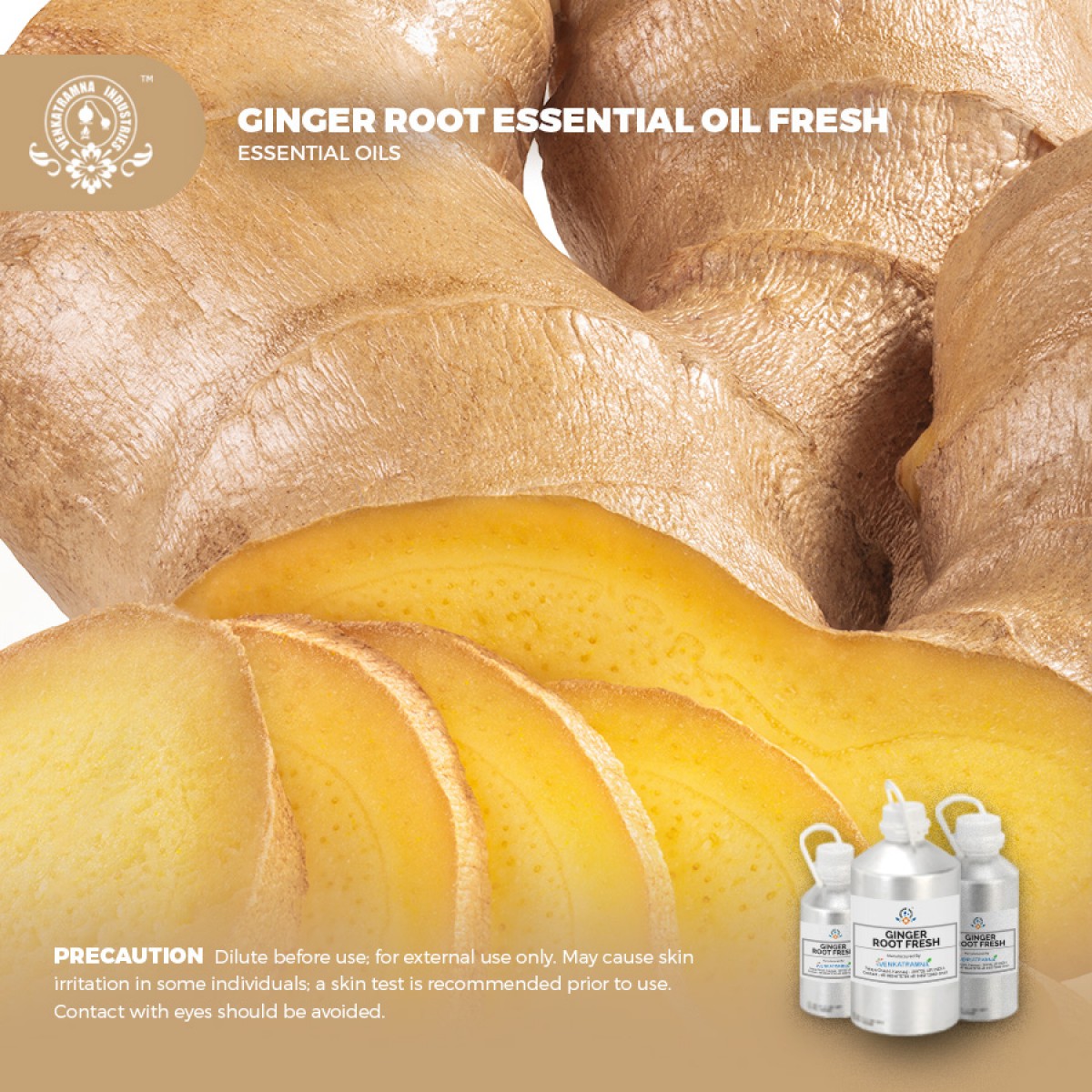
 MSDS-Ginger.pdf
MSDS-Ginger.pdf